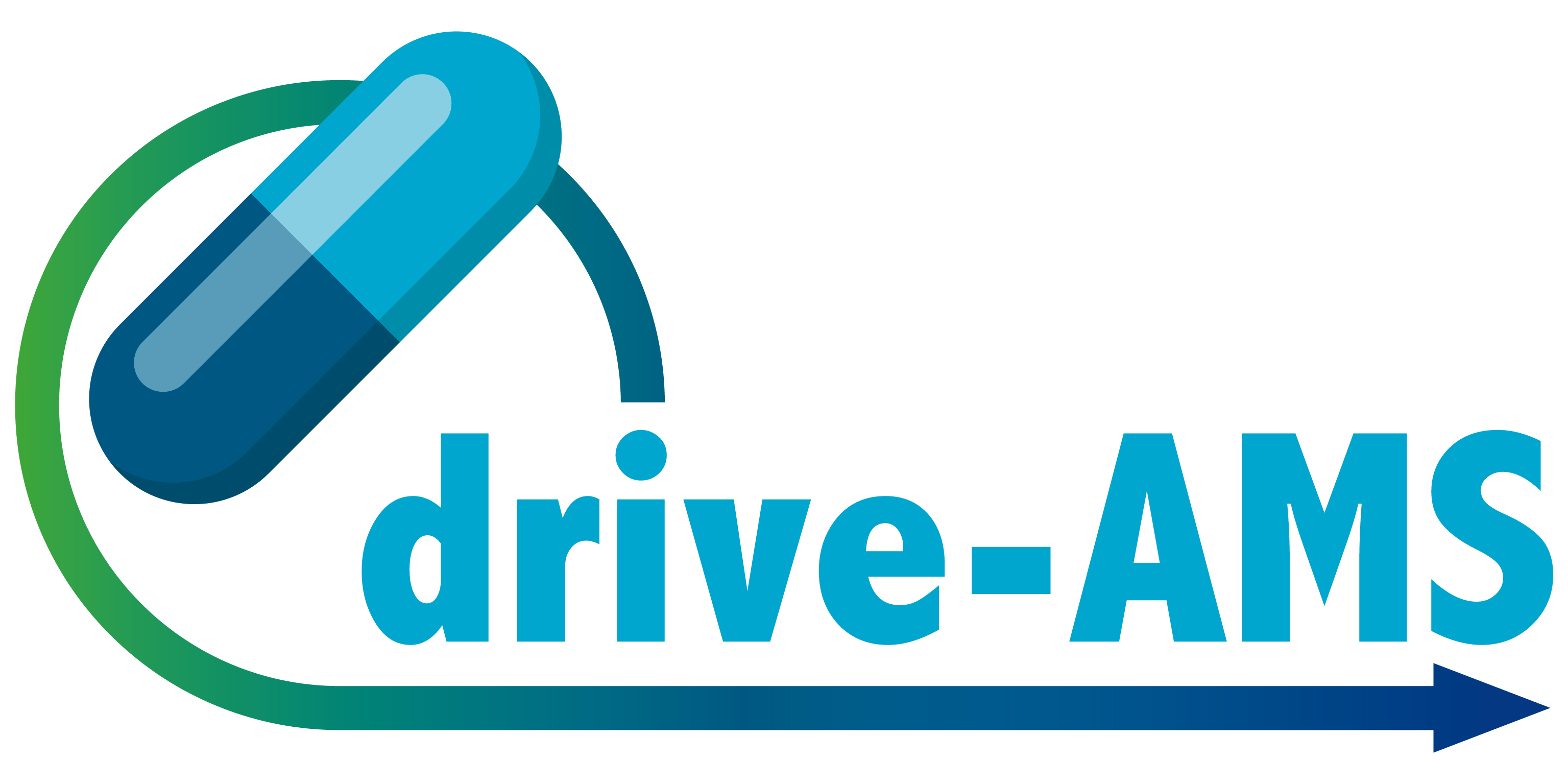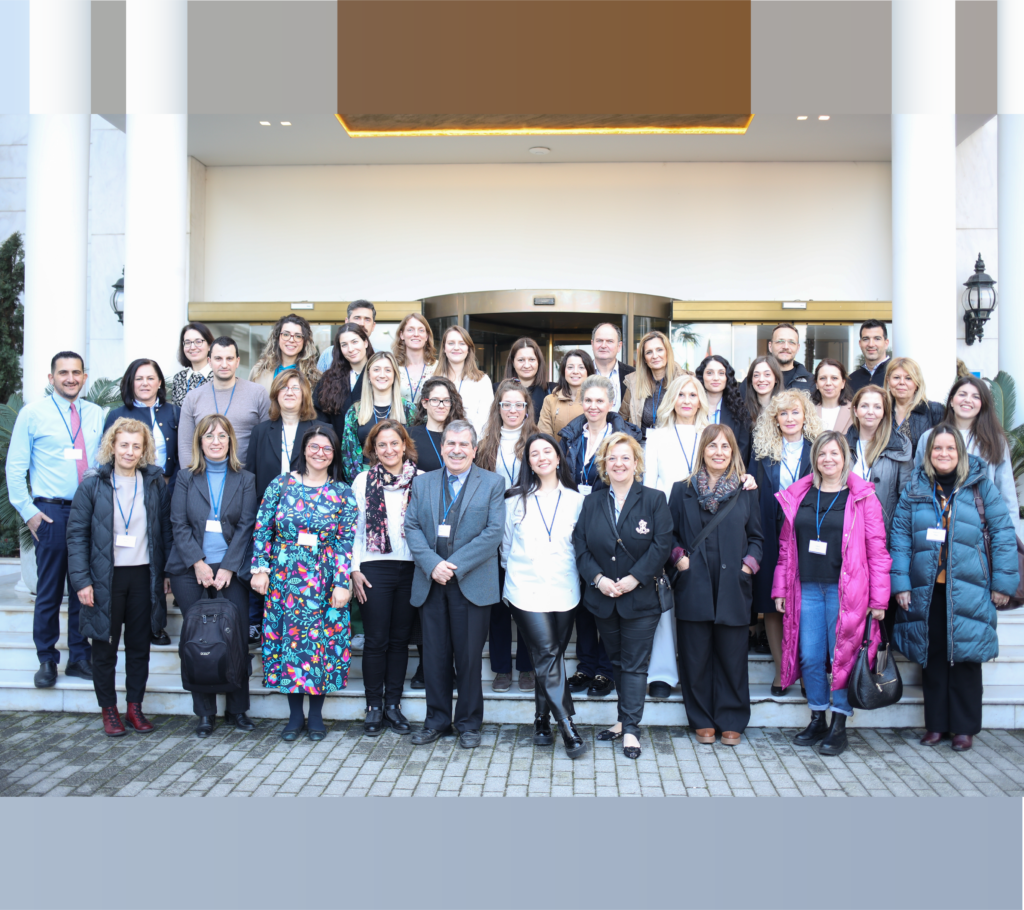The training consisted of a mix of informative presentations and interactive workshops, providing a great opportunity to immediately put the somewhat complex subject matter collaboratively to the test. It started with an introduction to the drive-AMS and the EU4H program, focusing on AMR trends in Europe and prescribing patterns. Basic requirements of AMS programs were outlined alongside appropriate antimicrobial use guidelines. Day 2 delved into measuring both quantity and quality of antibiotic use, with workshops providing practical guidance on interpreting Global-PPS reports, deducting quantitative measures, and operationalizing quality indicators. Day 3 focused on analysing barriers to AMS implementation, with workshops on assessing and conducting interviews to explore barriers and facilitators for optimal antibiotic use.
To conclude, it is fair to say that the course created a lot of enthusiasm, fostering a true collaborative spirit. The training provided the participating healthcare professionals with renewed inspiration and boosted motivation, to address challenges like high antimicrobial resistance rates and understaffing, having learned how to improve their antibiotic use in a step-by-step, intervention-based approach.
Prof. Dr. Erika Vlieghe warmly invited participants to learn more about qualitative research methods in the upcoming Summer School in Qualitative Research in Health Care from the University of Antwerp.
You can read more about the Greek course here:
- School of Medicine – Aristotle University of Thessaloniki (AUTH)
- 3rd Department of Paediatrics at Hippokration Hospital
- Read the AUTH press release in English

